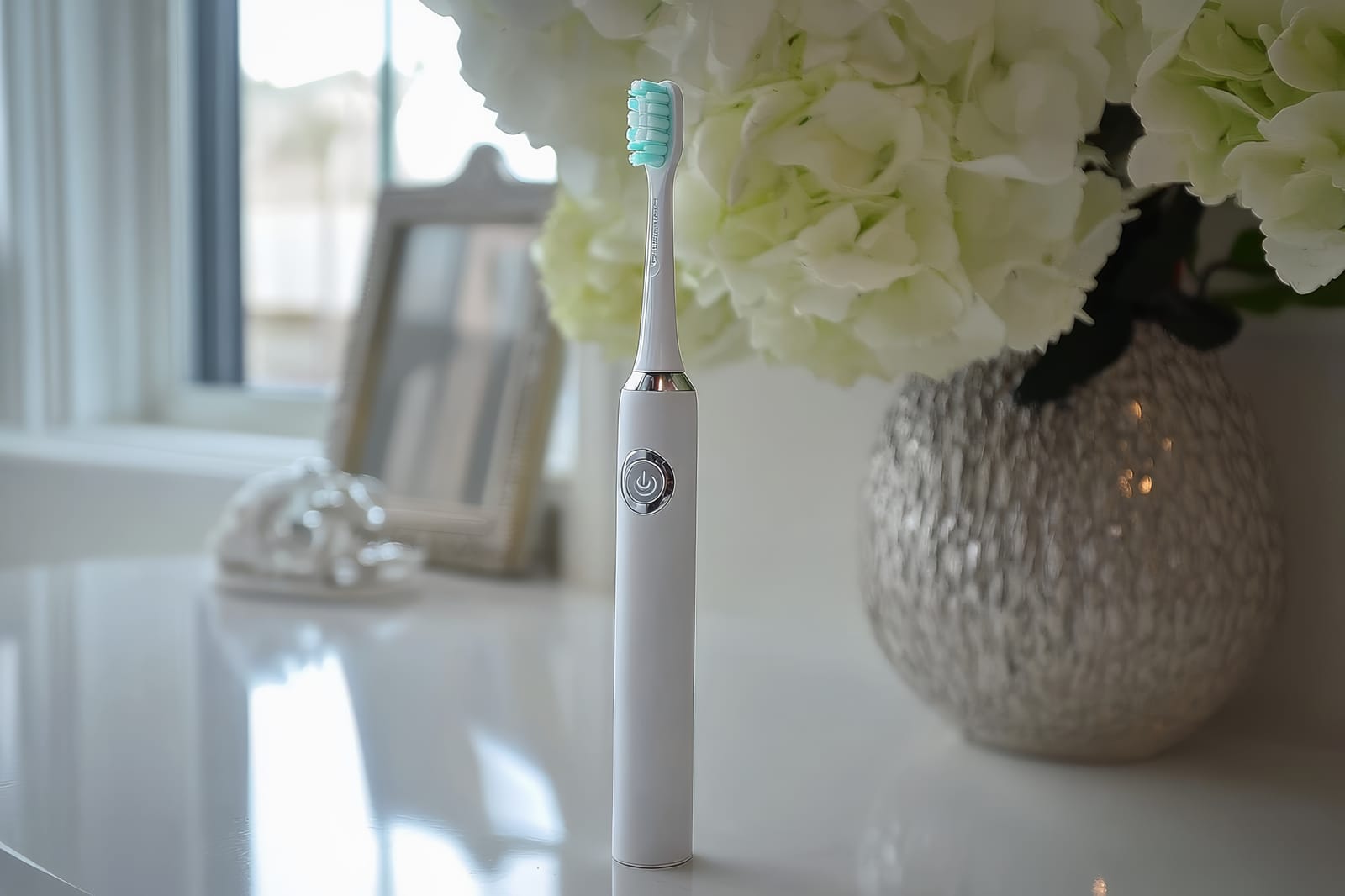How Long Does a Crown Restoration Last?

You are considering a crown restoration and want to know how long crowns last. On average, crowns last between 5-15 years. However, crowns can last even longer when they are properly cared for. If you want to make your crown last for decades, follow some tips.
How to make crowns last
Insurance companies typically pay for a replacement if a crown fails after five years. Most people would prefer to keep their existing restorations, though. It is possible to get more longevity out of dental crowns.
Choose the right material
People who want to make a crown restoration last need to begin by choosing the right material. Crowns made of metal or gold alloys are the strongest and last the longest. However, many people do not want to use this material since it is not as aesthetically pleasing as other options.
Ceramic crowns are constructed to look like natural teeth, making them a favorite for people. However, these crowns should only be placed on the front teeth. The material will wear down quickly if placed on the back teeth, causing the crown to fail.
Anterior material of choice is porcelain fused to ceramic, which is lithium disilicate. It also bonds to the natural tooth quite well. Wear is minimal with this material and is quite durable. A posterior teeth material of choice is solid zirconia, which is extremely strong, long-lasting and tooth-colored making for a discrete crown restoration.
Those who need crowns for back teeth can select porcelain-fused to metal. The crowns look the same as porcelain crowns but are much more durable. Because porcelain-fused to metal crowns look like natural teeth, this option can also be used for the front teeth.
Avoid trauma
Just like natural teeth, crowns can only stand up to so much trauma before breaking. People who have bruxism should get a mouthguard from the dentist. The mouthguard will protect the crown and the rest of the teeth from the impact of grinding. People should also avoid biting on hard objects, including ice since it puts undue force on the crown. In addition, people should never use teeth or crowns to open packages.
Practice good oral hygiene
The dental crown itself will not decay. However, the natural tooth that is located under the crown can decay, causing the crown to fail. This is much more likely to happen when people fail to practice proper oral hygiene. Oral hygiene keeps gums healthy so that they do not recede. This makes it much harder for decay to get underneath the crown and to the natural tooth.
People should brush and floss as normal. That includes flossing at least once a day and brushing at least twice a day. When brushing, patients need to spend some extra time along the gumline by the crown. Dentists also might recommend an antibacterial mouthwash to keep the area around the crown free of bacteria. The dentist will include instructions for using the mouthwash.
Go to the dentist regularly
People who have a crown should go to the dentist at least once a year. Most dentists prefer patients with dental restorations come in twice a year. This allows dentists to look for issues and fix problems before the crown fails.
Make your crown restoration last
Your crown can last for years and years if you follow the guidelines. Begin by choosing the right crown material. Then avoid trauma and practice proper oral hygiene. Go to the dentist regularly as well to care for the crown and the rest of your teeth.
Are you considering a crown restoration in the St George area? Get more information at https://www.stgeorgedentalcare.com.
Check out what others are saying about our services on Yelp: Read our Yelp reviews.
Recent Posts
Having a sensitive sense of smell can be both a blessing and a curse, as nothing disrupts personal comfort more than an unpleasant odor emanating from your mouth. A common concern for dental patients is the distinct and often embarrassing "rotten tooth smell." Understanding its causes, implications, and the appropriate remedies is crucial for maintaining…
Brushing your teeth is essential for maintaining a healthy, beautiful smile, and using an electric toothbrush takes oral hygiene to the next level. At St. George Dental Care, located in St. George, UT, we're passionate about helping our patients maintain optimal oral health through modern dental practices and expert advice. Electric toothbrushes are revolutionizing dental…
When it comes to maintaining your dental health, understanding the professionals who provide care can make all the difference in your experience. The terms "dentist surgeon" and "dentist" are often used, but many people don't fully grasp the distinctions between them. Are their education, scope of practice, and services they provide the same? Which should…
Does the thought of sitting in a dentist's chair make your palms sweaty? You're not alone. Dental anxiety is something millions of people experience, but we at St. George Dental Care believe visiting the dentist doesn't have to be nerve-wracking. That's why our focus goes beyond just cleanings and checkups—we strive to make you feel…


